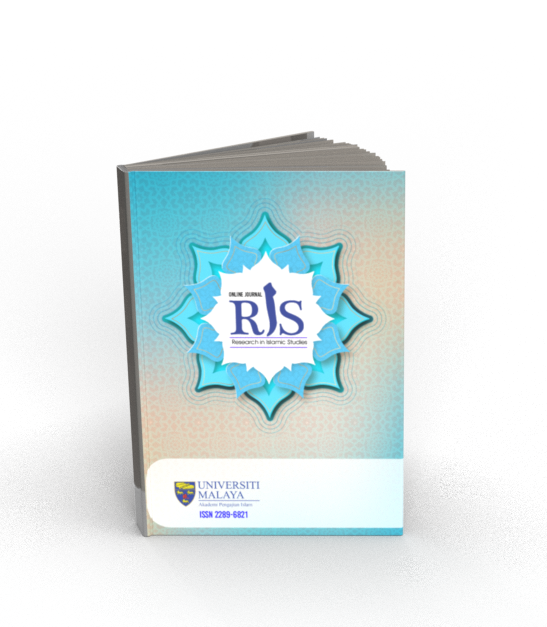Main Article Content
Abstract
This article discusses the relationship between Sunnah nutrition and the development of the character of entrepreneurs with integrity in Islamic entrepreneurship. Integrity, which encompasses honesty, trustworthiness, and transparency, is crucial in business. Sunnah nutrition, being balanced and healthy, plays a key role in shaping the character of entrepreneurs with integrity. It not only benefits physical and mental health but also fosters self-discipline in making ethical decisions. Proper dietary practices enhance energy, focus, and emotional well-being, while also teaching etiquette such as avoiding wastefulness and maintaining good relationships, which are essential in building entrepreneurs with integrity. This study employs content analysis methodology to assess the relationship between Sunnah nutrition and the development of the character of entrepreneurs with integrity. Through this approach, the article analyzes the Qur’anic texts, Hadiths, and previous studies related to Sunnah nutrition and integrity in entrepreneurship. The analysis results indicate that Sunnah nutrition not only benefits health but also forms the character of ethical, disciplined, and integral entrepreneurs, in alignment with the values embedded in Islamic teachings. In conclusion, Sunnah nutrition plays an important role in the formation of an entrepreneur's character with integrity, enabling them to fulfill their obligations and business affairs more effectively.
Keywords
Article Details
Copyright (c) 2024 Online Journal of Research in Islamic Studies

This work is licensed under a Creative Commons Attribution-NonCommercial 4.0 International License.
Copyright Notice
By submitting manuscripts to the Online Journal of Research in Islamic Studies (RIS), authors agree to transfer copyright to the journal. However, authors may republish their work or grant others permission to republish it; in which case it should be accompanied by a proper acknowledgment that the work was originally published in the Online Journal of Research in Islamic Studies (RIS). The journal adopt CC-BY-NC licence which authors may also share and distribute their article anywhere of non-commercial website, social media and repositories immediately on publication.
Authors may also reuse the Abstract and Citation information (e.g. Title, Author name, Publication dates) of their article anywhere at any time including social media such as Facebook, blogs and Twitter, providing that where possible a link is included back to the article on the journal site.
